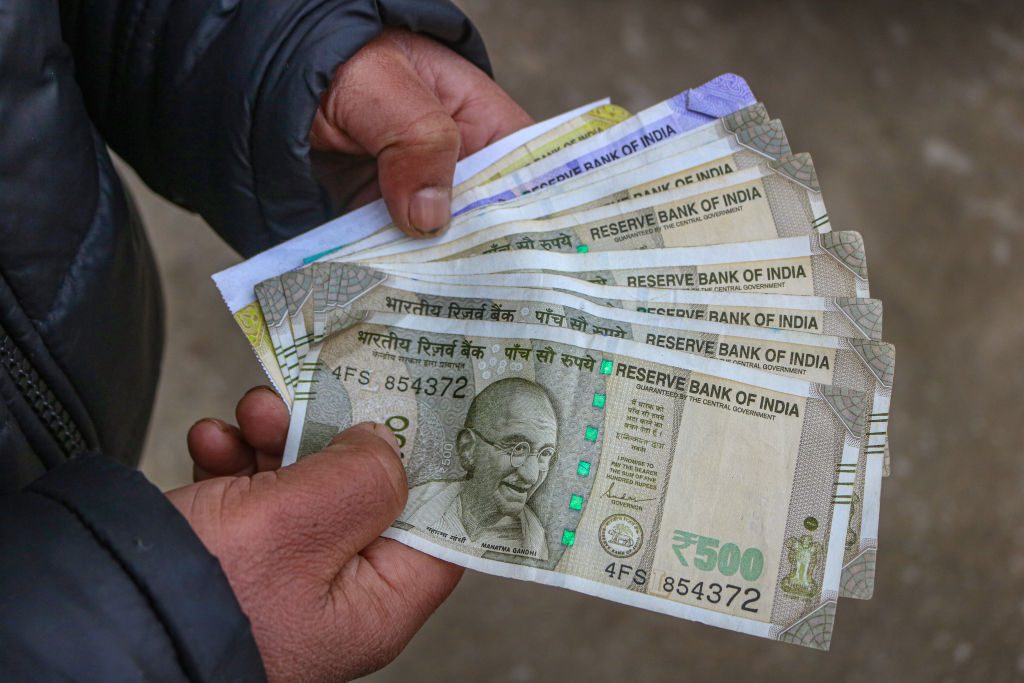India has reaffirmed its commitment to combat money laundering and terror financing, aligning its domestic frameworks with global standards set by the Financial Action Task Force (FATF).
Established in 1989 during the G7 Summit in Paris, FATF plays a crucial role in protecting the integrity of the global financial system. With 40 members today, the body’s recommendations have shaped anti-money laundering and counter-terrorist financing (AML/CFT) regimes worldwide, with over 200 countries pledging to comply.
India became FATF’s 34th member in 2010 and has since demonstrated zero tolerance towards terror financing and money laundering. The country’s frameworks, under the Prevention of Money Laundering Act (2002) and the Unlawful Activities (Prevention) Act (1967), are designed to detect and disrupt illicit flows of funds linked to organised crime, terrorism, and proliferation of weapons of mass destruction.
The FATF regularly identifies jurisdictions with weak measures through its public “grey list” and “blacklist.” As of June June 13, 2025, 24 countries — including South Africa, Syria, and Vietnam — are under increased monitoring. Nations like North Korea, Iran, and Myanmar remain on the blacklist due to persistent strategic deficiencies. Notably, FATF data shows that out of 139 countries reviewed, 86 have undertaken reforms to strengthen their AML/CFT frameworks.
India’s proactive approach is reflected in its consistent alignment with FATF standards and contributions to global assessments and case studies, demonstrating its role as a responsible player in safeguarding global security and financial transparency.














